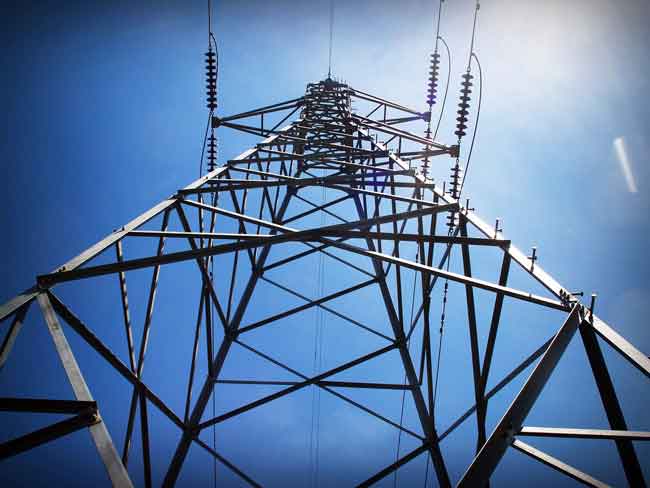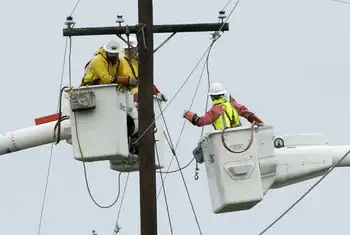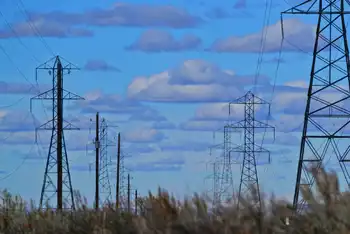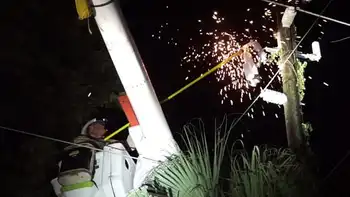Hospitals relieved isotopes back in production
By Toronto Star
CSA Z463 Electrical Maintenance -
Our customized live online or in‑person group training can be delivered to your staff at your location.

- Live Online
- 6 hours Instructor-led
- Group Training Available
"We were lucky this time around," said Dawn-Marie King, director of clinical operations for the joint department of medical imaging for Toronto General, Toronto Western, Princess Margaret, Women's College and Mount Sinai hospitals. "We should end up with isotopes on (December 18) of this week."
The Chalk River nuclear facility, which produces the medical isotopes, was shut down Dec. 4 for routine maintenance and to make a configuration change for research unrelated to medical isotopes, said Atomic Energy of Canada Ltd. spokesperson Dale Coffin.
That maintenance lasted six-and-a-half days, which was longer than expected, Coffin said, and prompted some to fear a possible global shortfall of radioactive isotopes. AECL produces more than half of the world's medical isotopes.
But the shortfall was short-lived and any crisis has now been avoided since Chalk River went back into full production December 12, said Dr. Christopher O'Brien, president of the Ontario Association of Nuclear Medicine and medical director of nuclear medicine at Brantford General Hospital.
"This is good news now, but this also reflects things to come," O'Brien said. "There is no replacement for Chalk River and if it goes down for any specific period of time we will be in dire straights."
Meanwhile, about 20 to 30 patients who needed tests at Toronto hospitals had to be rescheduled because of the temporary shortage of isotopes.
Coffin said the reactor operates on a 21-day cycle: 16 days of operation followed by a routine five-day closure for regular maintenance.
He said the reactor always boosts production before its routine closure, and has been producing on average 30 to 40 per cent more medical isotopes than usual to compensate for a closure in Europe.
A statement released by Natural Resources Minister Lisa Raitt said at Canada's request, several governments and industry will meet in January in France to discuss the security of isotope supply.
Last year Chalk River, known as the National Research Universal reactor, was shut down for a prolonged period over safety concerns, causing a shortage of medical isotopes worldwide. Hospitals use the isotopes for nuclear imaging testing that can help diagnose a wide array of problems, including heart disease, blood clots and cancer.











